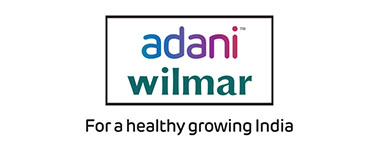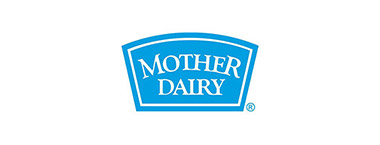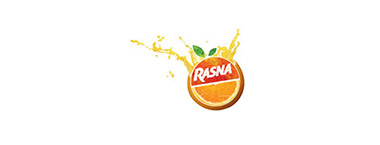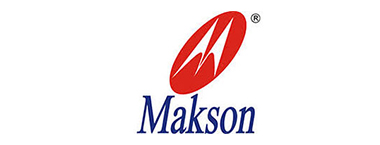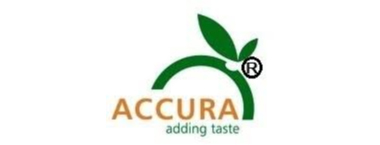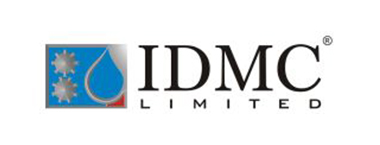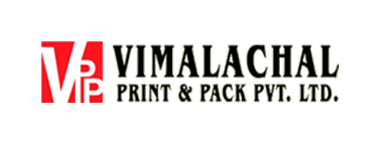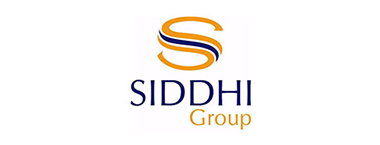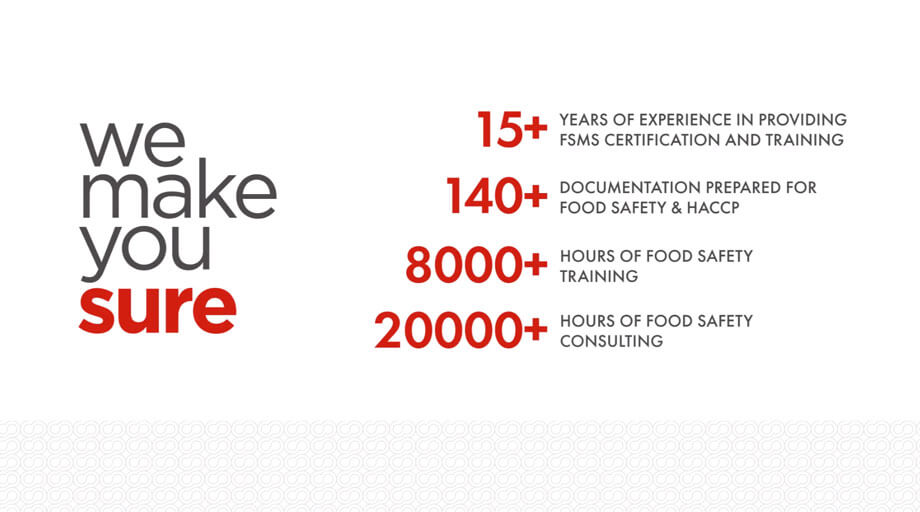

What is ISO 22000 Certification?
The International Organization for Standardization has developed ISO 22000, a global standard for Food Safety Management Systems (FSMS) that applies to organizations of all sizes and sectors involved in the food and feed supply chain.
The objective of ISO 22000, the Food Safety Management Systems (FSMS) standard, is to manage food safety hazards across the food and feed supply chain. It remains relevant in today’s marketplace and continues to serve organizations. ISO 22000 applies to all food and feed industry organizations, regardless of their size or sector.
ISO 22000 is a food safety management system that can be integrated into an organization's management processes. It addresses current food safety issues and helps organizations reduce their exposure to risk and improve safety.
Team 4C, is one of the most preferred and experienced ISO 22000 consultants in Mumbai, India. Our services help organizations implement and maintain their food safety management system in accordance with ISO 22000, and achieve certification.

Key changes from ISO 22000: 2005 to ISO 22000: 2018
ISO 22000:2018 the revised food safety standard was published on 19th June 2018, but what are the changes?
ISO 22000:2005, the international food safety standard that specifies the requirements to ensure safe production within the entire food chain, from farm to fork, has now been revised and updated and ISO 22000:2018 has been released.
The objective of this update has been to harmonize the scheme with other standards following the ISO high level structure. Anyone currently certified to ISO 22000:2005 will have 3 years to transition over to the new standard.
High level structure
ISO 22000 has implemented the High Level Structure (HLS) with 10 clauses like other ISO standards such as ISO 9001, ISO 14001 and the recently released ISO 45001. This now facilitates the integration of these management systems for those organizations that use them all.
Risk Based approach
The standard has now a strong connection with the food hygiene principles of Codex Alimentarius and a new approach to risk in two different levels, the organizational (strategic direction of the business) and the operational level.
PDCA Cycle
Two different Plan-Do-Check-Act cycles work together in this new version, one through the entire food safety management system and the other at the operations level that simultaneously covers the HACCP principles.
Operation Process
New definitions have been added and also critical terms such as CCPs, OPRPs and PRPs have been revised and are now clearer. Control measures are now categorized to be managed as Operational Prerequisite Programmes (OPRPs) or as Critical Control Points (CCPs). These measures are now related only to significant hazards and not managed at a Prerequisite Programmes (PRPs) level. The approach to identify each category is now different. Control measures managed as OPRPs have measurable action criteria while those managed at CCPs have only measurable critical limits that enable timely correction.
Transition from ISO 22000:2005 to ISO 22000:2018
The revised Food Safety Management System of ISO 22000 has been published on June 19, 2018 marking the start of 3 year transition period (until June 19 2021) for all certified companies i.e. with this release, ISO 22000:2005 will be withdrawn from consideration.
So, if you are certified to the ISO 22000:2005 standard, you will have migrate to ISO 22000:2018 until June 19, 2021 in order to maintain the validity of certification. Hence, we recommend you to start your transition preparation as soon as possible to incorporate all needed changes into your existing management system and stand out at a global level.
ISO 22000:2018 Transition Time-Line
19 june 2018
ISO 22000:2018 standard publication
18 june 2019
first year transition
18 june 2020
Second year transition
29 june 2021
End of ISO 22000:2018 transition
Creasation of ISO 22000:2005 standard
ISO 22000 Certification clients
ISO 22000 Training
We offer a customized training program for ISO 22000 Certification.
Our Insightful Knowledge

Empower your business with 4C
- Team 4C has IRCA certified ISO 22000, Food safety management systems (FSMS), auditors for Consulting Services having 15+ years of experience
- 400+ FSMS implementation in 10 different states, in 20+ sectors of Food & Dairy Industry
- 800+ Food Safety, Hazard Analysis (HACCP) Documentation prepared
- 8000+ Hours food safety training and 20000+ Hours Consulting
- 100+ Consulting for Greenfield Food project from Plant commission to Operation successfully implemented
- Hands on experience of Team 4C in implementing ISO 22000 Food safety management system.
- Tools such as HACCP, FSSC, BRC food/IOP, AIB, IFS, Fami-Qs would help to gain early benefits
- Worked with more than 50 International & National Certification Bodies.

